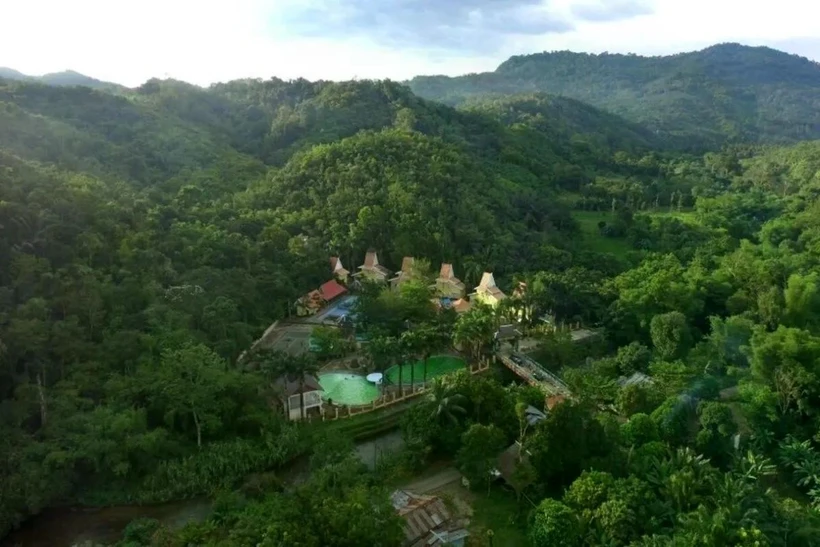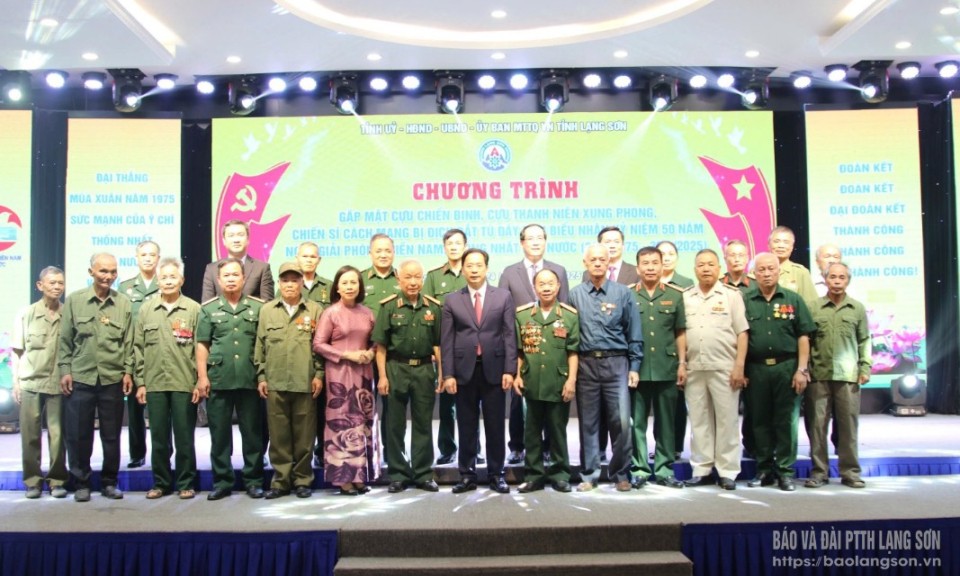UNESCO recognises two new global geoparks in Indonesia
With this latest recognition, Indonesia now has 12 geoparks listed in the UNESCO Global Geoparks Network.

Two geological parks in Indonesia, Kebumen in Central Java and Meratus in South Kalimantan have officially been recognised by the United Nations Educational, Scientific and Cultural Organization (UNESCO) as Global Geoparks.
The announcement was made during the 221st session of UNESCO’s Executive Board, currently taking place in Paris, France. At this session, all 58 member countries of the UNESCO Executive Board, including Indonesia, reached a consensus to approve 16 new geoparks, following recommendations from the UNESCO Global Geoparks Council during its meetings in September and December 2024.
With this latest recognition, Indonesia now has 12 geoparks listed in the UNESCO Global Geoparks Network. Previously recognised sites include Batur, Belitong, Ciletuh, Gunung Sewu, Ijen, Maros Pangkep, Merangin Jambi, Raja Ampat, Rinjani Lombok, and the Toba Caldera.
Ambassador Mohamad Oemar, Indonesia’s Permanent Delegate to UNESCO and head of the Indonesian delegation to the 221st session, emphasised that being designated as a UNESCO Global Geopark comes with the responsibility to preserve, sustainably manage, and promote the country’s geological and cultural heritage. He stated that this recognition is a testament to Indonesia’s ongoing efforts to protect the Earth’s globally significant heritage and reinforces the country’s commitment to conservation, community empowerment, and global education.
The 16 newly designated geoparks were nominated by 11 countries: China (Kanbula and Yunyang), North Korea (Mount Paektu), Ecuador (Napo Sumaco and Tungurahua), Indonesia (Kebumen and Meratus), Italy (Mur), Norway (Fjord Coast), the Republic of Korea (Danyang and Gyeongbuk), Saudi Arabia (Salma and North Riyadh), Spain (Costa Quebrada), the United Kingdom (Arran), and Vietnam (Lang Son)./.
 Loading
Loading  Tiếng Việt
Tiếng Việt English
English 中文
中文


